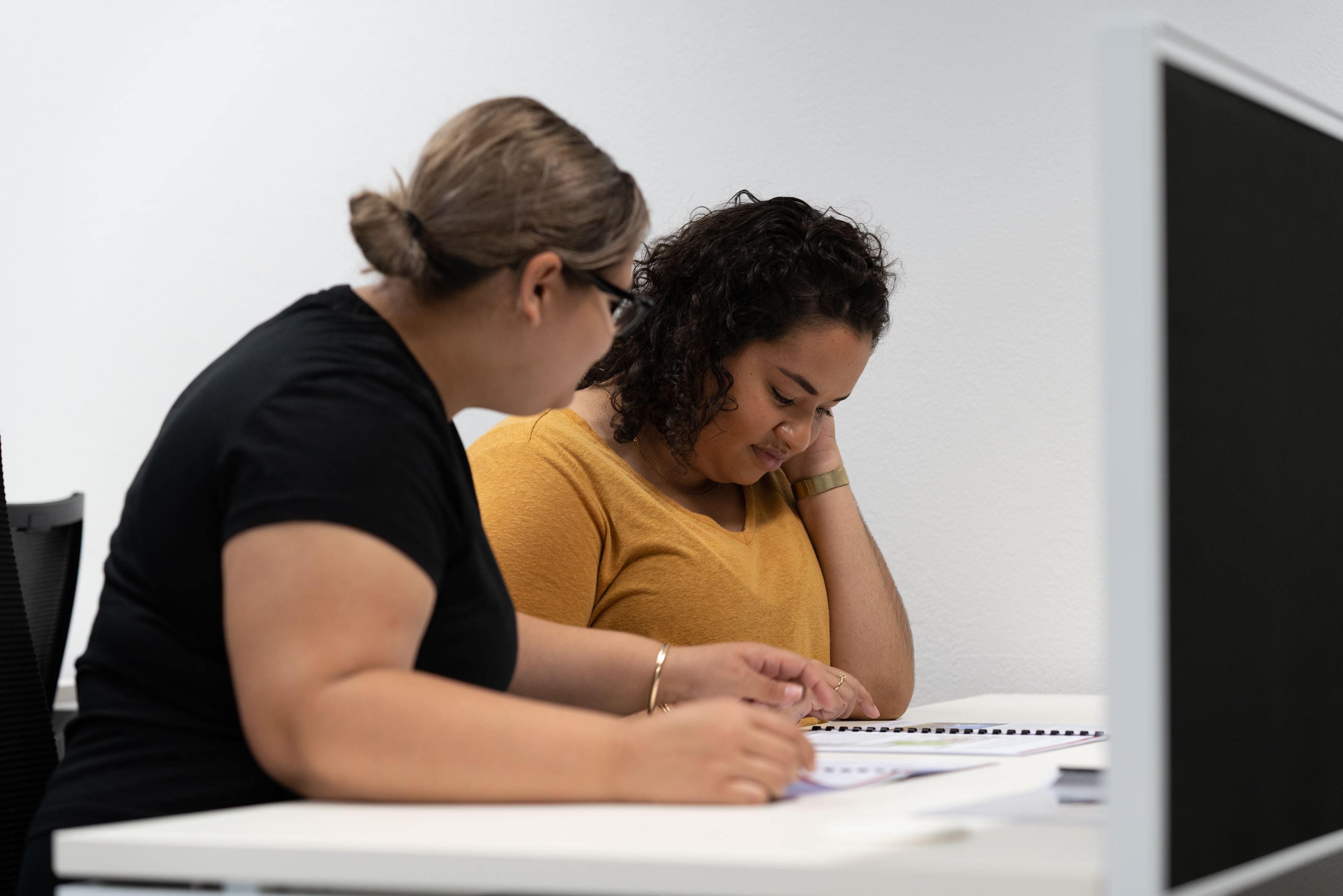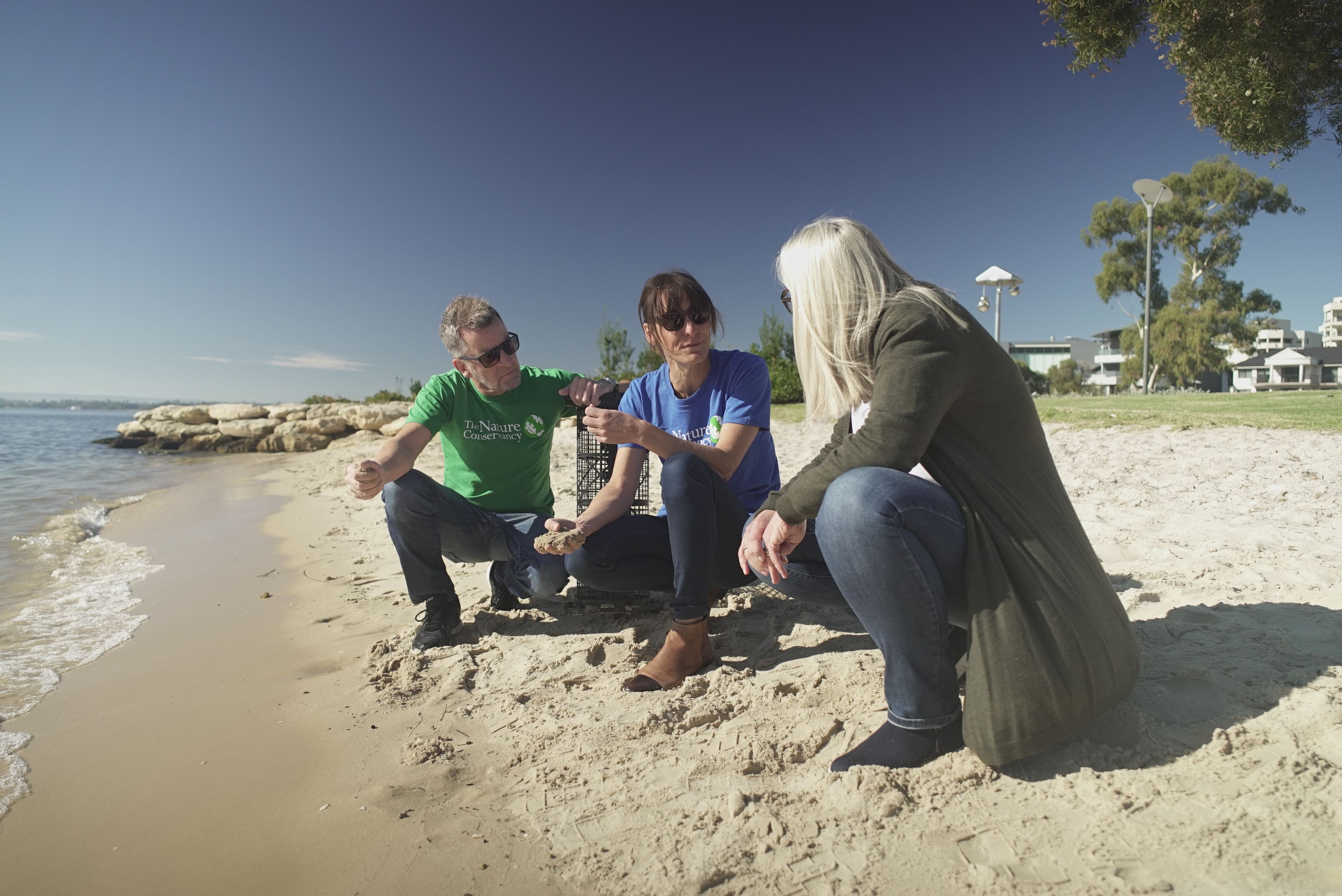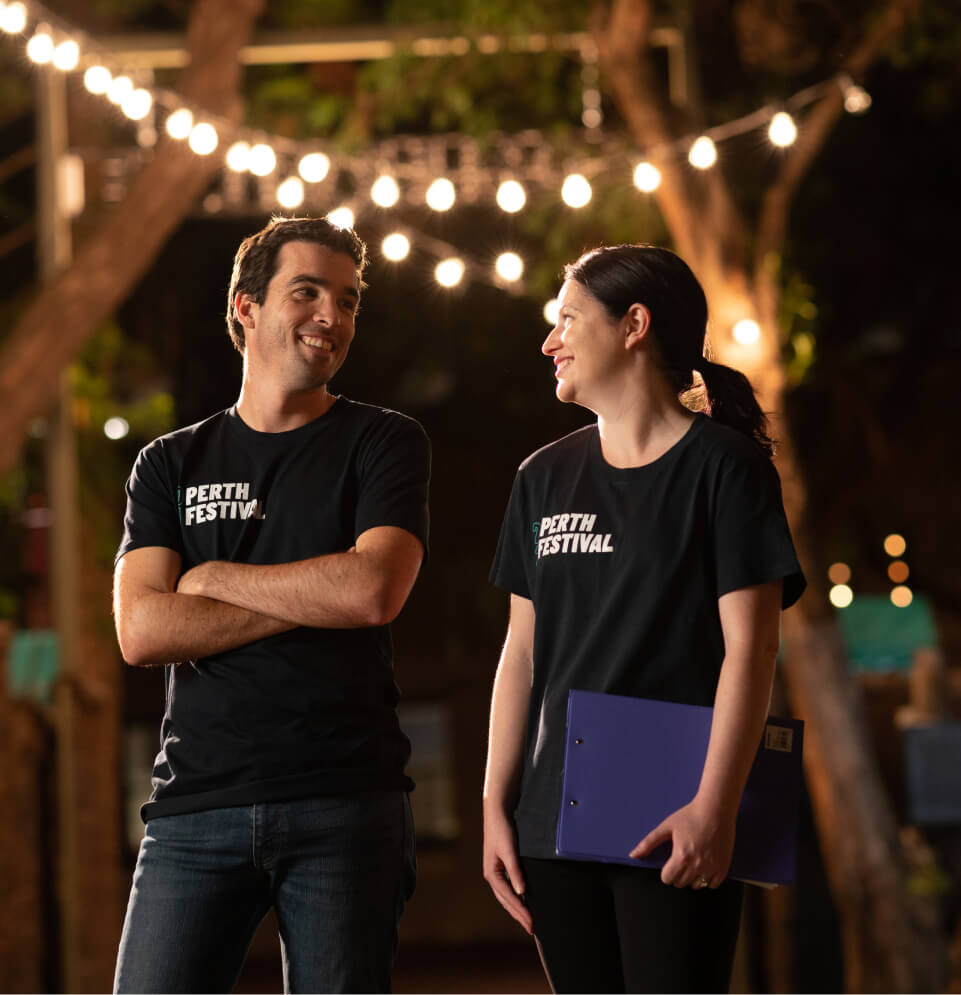Learning snapshot
To wellbeing and beyond – can we really measure progress for a healthy, happy society?
Discover why wellbeing is increasingly seen as a more equitable measure of human potential and growth than Gross Domestic Product.
07 April 2023
We all know that Gross Domestic Product (GDP) has been the big cheese for measuring a country's economic growth and success for more than 70 years.
But as the world gets ever more complex, it has become clear that GDP is not really a complete picture of the full potential and growth of a society. It's like trying to measure the deliciousness of a pizza by only looking at the (big) cheese on top!
As we start to understand more about the interconnecting impact of social, environmental, and economic factors on people's lives, it's essential that we find a more equitable and inclusive way of measuring the overall wellbeing of our society.
What is GDP, and why do we use it?
GDP is a basically an economic tool for measuring the total value of the stuff a country makes and does. We add up everything that's made and sold, including what we as citizens spend and invest, what the government spends, and what's exported.
GDP is like the favourite child who always gets all the attention from your financially savvy Uncle, but in truth, the other kids are just as important. We use GDP as a measure of growth primarily because measuring ‘money’ is easy, but measuring the things that make us happy, healthy and productive can be far more complex. And value also is a complex concept, not entirely underpinned by wealth.
Why is GDP so limited?
Interestingly, the people who invented GDP, John Maynard Keynes (U.K.) and Simon Küznets (U.S.), warned against using it to measure the welfare of a nation. Küznets even said,
"...the welfare of a nation can scarcely be inferred from a measurement of national income as defined by
the GDP…goals for 'more' growth should specify of what and for what."
Basically, GDP was never really meant to measure human progress, and it ignores the true costs of making money.
There are some major flaws in measuring progress using (only) GDP. Firstly, it doesn't capture the distribution of income and wealth within a society. So, a country with high GDP per capita may still have high levels of poverty, income inequality, and social exclusion.
Let's not forget that GDP doesn't account for negative environmental impacts. It ignores the environment’s contribution to human health beyond what it means to the economy. This means that some countries might make lots of money out of their resources, but at the expense of the natural environment, and of the health and wellbeing of their citizens.
And beyond that, GDP doesn't account for work that's not paid, like volunteering, caring or home labours, which do much to keep a healthy society functioning. This often means women’s contributions to society are undervalued, as they tend to do more unpaid, or in-home work.

But are there other ways of measuring progress?
Of course, there are! As countries and governments have started to acknowledge that GDP is a bit of a blunt instrument, other ways of measuring progress have emerged. These alternatives all try to look at how social, environmental, and economic factors impact on people's lives, and to internalise these influences, taking account of them in the health, happiness and equity ledger. This is all about finding the right measures and indicators that can demonstrate the state of wellbeing of the citizens of a country, and the inputs and influences (beyond mere money) that impact on this.
What is wellbeing, and why would we want to measure it?
According to the World Health Organization (WHO), wellbeing is all about the human population feeling happy, healthy, and comfortable. Wellbeing means looking at people's physical, mental, emotional, and social health. It's like checking under the car bonnet to see what's going on inside, not just looking at the shiny chassis.
Unlike GDP, which only looks at how countries make and spend money, wellbeing takes a bigger picture view of everyone's happiness and health. It accounts for some of those influences that are less tangible, or even invisible, but no less important than wealth.
Very simply put, wellbeing as a more humanitarian measure of progress is emerging as governments finally realise what many citizens have always known - that money doesn't always buy happiness.
Who’s measuring wellbeing right now?
Measuring wellbeing is a tricky business, and everyone's got their own ideas about what indicators to include.
For starters, we've got the United Nations Sustainable Development Goals (SDGs). The SDGs cover everything from health and education to gender equality and the environment. They're all about looking at the bigger, integrated, and interrelated picture when it comes to human wellbeing.
But the UN isn't the only organisation out there trying to measure wellbeing. The Bhutanese Gross National Happiness (GNH) Index has been at it since the 70s! They focus on human happiness, looking beyond economic growth and taking non-economic factors into account.
Then there's the United Nations Development Programme's Human Development Index (HDI). This considers three key dimensions of human development: a long and healthy life, access to knowledge, and a decent standard of living. It's been used to rank countries worldwide.
But wait, there's more! We've also got the Organisation for Economic Cooperation and Development's (OECD) Better Life Index, which looks at all sorts of fun stuff like housing, income, and work-life balance.
In 2018, our neighbours in New Zealand established the Wellbeing Budget which focuses on policies and initiatives that promote human progress across five domains of wellbeing: social, economic, environmental, cultural, and governance.
Last but not least, we've got the World Happiness Report. This is produced annually by the Sustainable Development Solutions network and shows how well countries across the globe are doing against a set of happiness and wellbeing indicators.
And this is certainly not an exhaustive list, so, as you can see, there’s a fair bit of great work happening globally in this area!

Are we measuring wellbeing?
Well… kind of… Here in Australia, we've got the Bureau of Statistics’ Measures of Australia's Progress (MAP) which is a set of national wellbeing indicators that provide a comprehensive picture of our country's progress. They look at things like health, education, work, income and wealth, personal safety, housing, social connection and civic engagement. The ABS regularly publishes data on these indicators to give us insights into how they impact our wellbeing.
But it's not just the government doing the work, there are also community-based, research and policy projects seeking to develop metrics and frameworks to measure wellbeing beyond GDP, like the Australian National Development Index (ANDI).
Recently, we also had a Federal Government consultation called 'Measuring what Matters' which was an opportunity for public comment on the indicators most relevant to measuring the wellbeing of the Australian people. While we don't yet have an agreed national framework or central set of indicators to track overall progress, the Australian Government is committed to measuring what matters to improve the lives of all Australians. The new Measuring What Matters Statement will be released later this year and is set to be unique to the Australian context.
Are there any non-government organisations that measure wellbeing?
There sure are, and surprisingly, even the financial sector is getting in on the action! Start-ups, businesses, and venture capitalists are increasingly using social impact investment and environmental, social, and governance (ESG) criteria to make decisions. And the tourism industry has adopted sustainable practices that prioritise the preservation of local environments, communities, and cultural heritage.
Businesses too are starting to realise the value of measuring wellbeing, since research is showing that prioritising employee wellbeing can benefit businesses by reducing turnover and elevating productivity! Who knew that making your employees happy could actually be good for business?
So, what does all this tell us?
All in all, when it comes to measuring wellbeing, there's no one-size-fits-all approach. But one thing's for sure: it's not just about the money in the government’s coffers.
Measuring wellbeing provides a more holistic picture of society's health, resilience, and prosperity. In the end, the goal is to create a measure of progress that promotes the development of more sustainable policies and practices that support human wellbeing in the long term. Whether we can achieve this in the current economic and political context is yet to be seen, but the political mindset shift could be viewed as progress in and of itself.
In conclusion, GDP is so last century, but if we can focus on the well-being of the people living in a country, then maybe, just maybe, we can make the world a happier place.
Get news and updates from the Community Impact Hub delivered to your inbox
Acknowledgement of Country
The Western Australian Community Impact Hub acknowledges and pays respect to the Traditional Owners of the land on which we are based, the Whadjuk people of the Noongar Nation and extends that respect to all the Traditional Owners and Elders of this country. We recognise the significant importance of their cultural heritage, values and beliefs and how these contribute to the positive health and wellbeing of the whole community.







